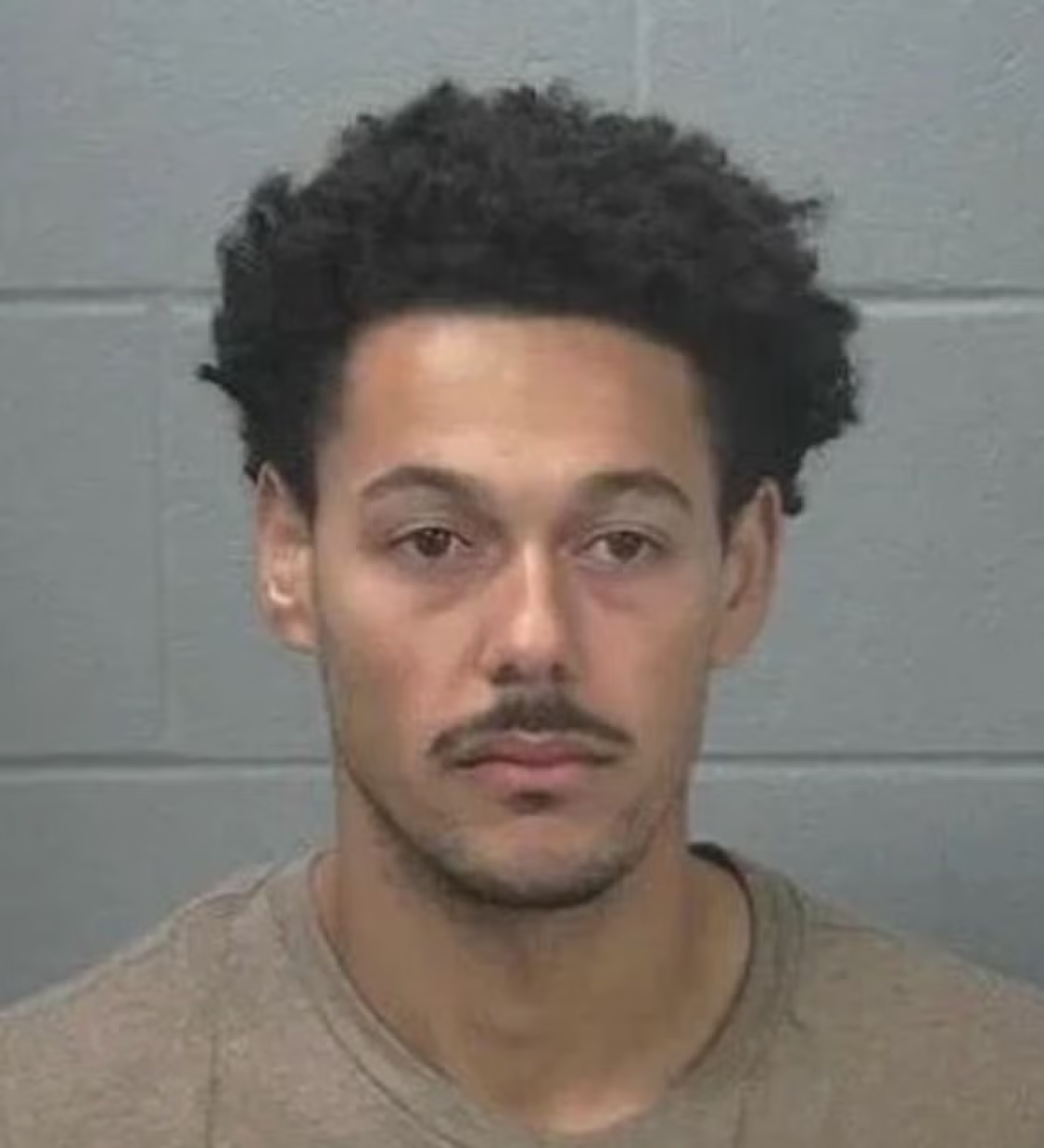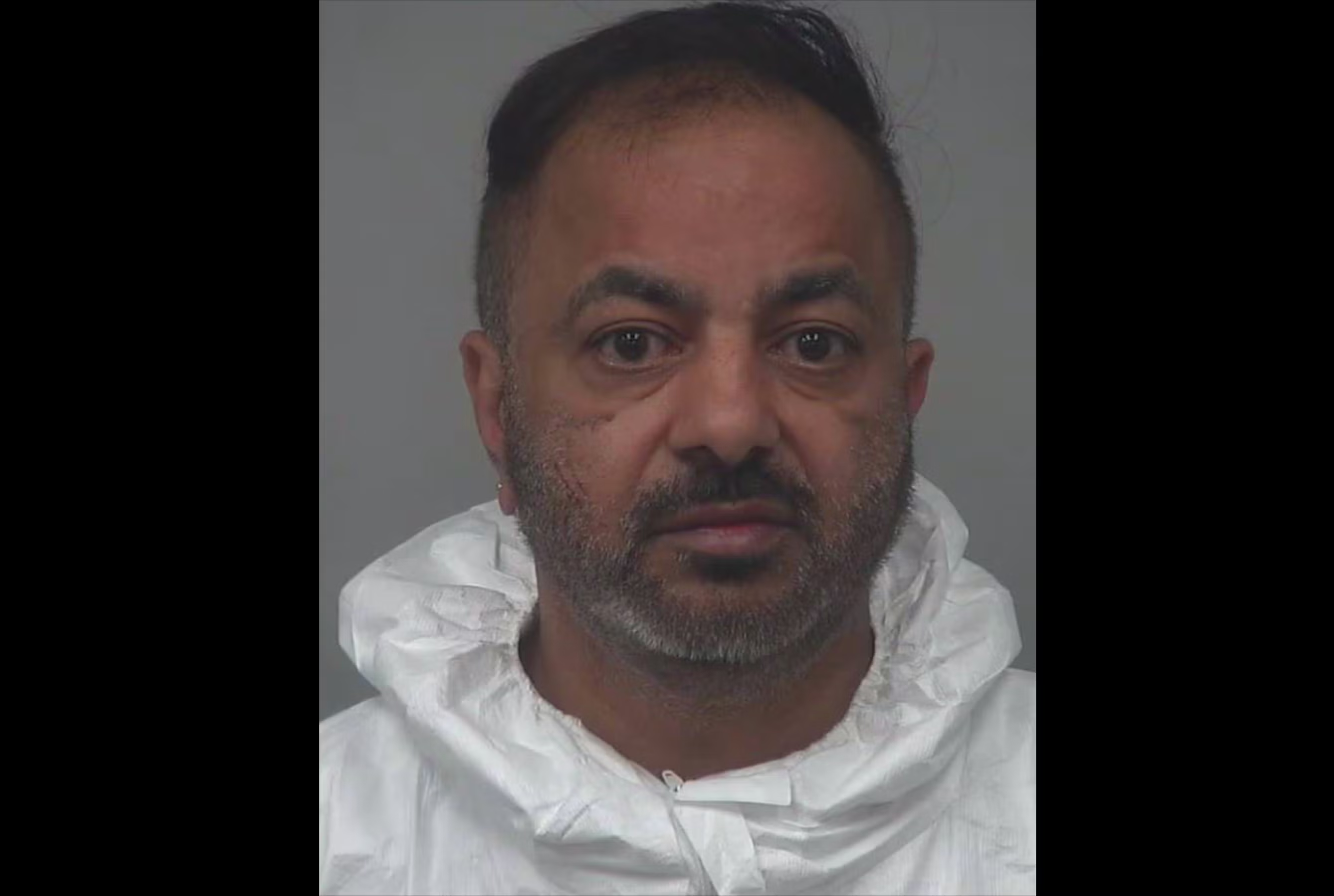Tragic Shooting in Joliet Claims Life of 13-Year-Old Boy – Community Grapples with Loss, Urgent Call to Address Rising Gun Violence Among Youth
Joliet, Illinois, is mourning the heartbreaking loss of a young life after a tragic shooting late Monday afternoon claimed the life of a 13-year-old boy. This devastating incident has sent shockwaves through the community, stirring grief, fear, and a renewed urgency to confront the growing epidemic of gun violence that continues to devastate families and neighborhoods across the region.
On Monday, at approximately 4:45 p.m., officers from the Joliet Police Department responded to emergency calls reporting a shooting on the city’s west side. Upon arriving at the 300 block of Des Plaines Street, officers discovered an unresponsive male youth in an alley behind a residential area. Despite immediate medical attention from emergency responders, the victim was pronounced dead at the scene. The young boy, whose identity remains confidential at this time pending family notification, was only 13 years old—barely into his teenage years and full of potential, now tragically taken in an act of senseless violence.
The Incident: A Shattered Afternoon in Joliet
The details surrounding the shooting remain under active investigation by the Joliet Police Department. Initial reports confirm the victim sustained at least one fatal gunshot wound. Authorities have appealed to the public for any information that might assist in identifying suspects or motives, emphasizing the importance of community cooperation in solving this grievous crime.
Witnesses from the neighborhood reported hearing gunfire echoing through the alleyway, a stark reminder of the dangerous realities faced by many communities battling gun violence daily. Residents expressed shock and horror that such a young life could be ended so abruptly, igniting calls for increased safety measures, better policing strategies, and enhanced community support programs.
The Impact on the Joliet Community: Grief, Fear, and Calls for Action
This tragedy has plunged Joliet into collective mourning. For a city with many families and children, the shooting of a 13-year-old strikes deeply, touching the core of community life. Schools, neighbors, local leaders, and faith organizations have all expressed their sorrow and solidarity with the victim’s family.
At local schools, counselors have mobilized to provide support to students traumatized by the news. Teachers and administrators emphasize the need for healing spaces where young people can process the trauma and fears arising from this violent loss. Community leaders have scheduled vigils and prayer gatherings to honor the young boy’s memory and foster unity amid grief.
The Larger Crisis: Gun Violence Among Youth in Joliet and Beyond
The shooting adds to a disturbing national trend of escalating gun violence affecting children and teenagers. Joliet, like many cities, has struggled with the proliferation of firearms and the devastating consequences that follow. According to recent crime statistics, incidents involving gun violence among minors have increased, raising urgent questions about prevention strategies and the social factors contributing to this epidemic.
Experts point to a complex interplay of issues fueling youth violence—ranging from poverty, lack of opportunity, and systemic inequalities to easy access to illegal firearms. Community advocates stress that meaningful solutions require comprehensive approaches, including enhanced educational resources, community policing efforts that build trust, mental health support, and economic investment in underserved neighborhoods.
Police and Investigative Efforts
The Joliet Police Department has pledged to pursue justice vigorously. Detectives are conducting extensive investigations, reviewing surveillance footage, interviewing witnesses, and collaborating with federal and state law enforcement agencies to identify those responsible. Police Chief emphasized the department’s commitment to transparency and responsiveness, promising regular updates as the investigation progresses.
Authorities have also highlighted the critical role of community engagement. They encourage residents to come forward with any tips or information, reassuring that all reports can be made anonymously and will be handled with the utmost sensitivity.
Community Outreach and Preventative Measures
In the wake of this tragedy, local nonprofits and grassroots organizations have redoubled their efforts to address gun violence. Programs focused on conflict resolution, youth mentorship, and after-school activities are seen as essential components to divert young people from violence and create safer environments.
City officials have proposed expanding funding for violence interruption initiatives—programs that deploy trained community members to mediate conflicts before they escalate into shootings. Additionally, there is growing advocacy for stricter gun control policies at the municipal and state levels, aiming to restrict access to firearms among minors and combat illegal trafficking.
Personal Stories and Reflections
Though the victim’s identity is withheld out of respect for privacy, community members have shared memories of the young boy as a bright, promising child whose life was full of potential. Neighbors describe him as kind-hearted, energetic, and well-liked by his peers. The devastating loss has sparked reflections on the fragility of life and the urgent need to protect the city’s youth.
Family members and friends, though grieving privately, have expressed profound heartbreak and called for unity in confronting the violence that took their loved one. Their voices add a poignant reminder of the human toll behind statistics and headlines.
The Path Forward: Healing and Hope
As Joliet mourns, there is also a steadfast resolve among community leaders, law enforcement, and residents to transform grief into action. Healing efforts are underway, including counseling services, community forums, and initiatives designed to build bridges between law enforcement and neighborhoods.
Long-term strategies focus on education, economic development, and fostering environments where young people can thrive free from violence. The tragic death of this 13-year-old boy serves as a catalyst for change—a somber call to address systemic issues that too often end in such heartbreak.
Conclusion
The loss of a 13-year-old boy in Joliet’s west side is a somber reminder of the devastating impact of gun violence on families and communities. As the city grapples with grief and seeks answers, there is a unified call to protect its youth, invest in prevention, and foster a safer future. Though this young life was cut tragically short, his memory fuels a powerful drive toward healing, justice, and hope for generations to come.




